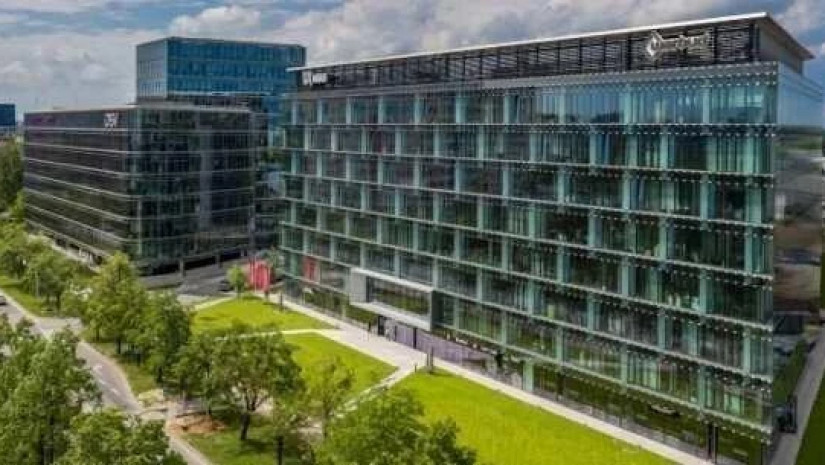The EBRD has received a €87 million contribution approved by the Green Climate Fund’s (GCF) Board. The funding will support the EBRD’s Green Cities Facility for climate-focused sustainable urban development in Albania, Armenia, Georgia, Jordan, FYR Macedonia, Moldova, Mongolia, Serbia and Tunisia.
EBRD and GCF financing will help cities and municipal utility companies to tackle their most pressing climate challenges such as greenhouse gas emissions, climate change adaptation, energy intensity, solid waste management, replacement of inefficient street lighting and water service management.
Through the Facility’s support, EBRD cities will develop Green City Action Plans (GCAPs) to identify priorities and actions to overcome environmental, social and economic challenges. Globally, cities account for around 70 per cent of CO2 emissions and action is urgent.
The GCF support will complement EBRD’s financing through concessional lending, investment grants and support for technical assistance to cities in the nine target countries. The initiative is part of the EBRD Green Cities Framework that builds on the Bank's two decades of experience in investing in municipal and environmental infrastructure. In the period 2016-2018 alone, the EBRD expects to invest around €2.5 billion into municipal projects that reduce CO2 emissions by about 800,000 tonnes per year.
The approval of €87 million today was a first tranche towards the total of €228 million requested. The full facility will benefit an estimated 23 million people and lead to almost 12 million tonnes of CO2 savings, which is equivalent to the greenhouse gas emissions from over 2.3 million passenger vehicles driven for one year
Three pilot GCAPs undertaken in Yerevan, Tbilisi and Tirana are completed, and four new GCAPs are now underway in Chisinau, Belgrade, Batumi and Gyumri in the Facility’s target countries. Two further GCAPs are planned in Amman and Ulaanbaatar in the near future.
Since 2006, the EBRD has committed over €26 billion to projects furthering the transition to the green economy across its 38 economies.
Source: EBRD













